Autoimmune Disease And Allergy Immunotherapy
Autoimmune disease and allergy immunotherapy. The Safety of Low Dose Allergy Immunotherapy LDA uses immune modulation at a concentrations lower than that which occurs in nature. Interestingly this is the same type of response that expels viruses parasites and bacteria from the body. Allergy symptoms can range from mild to a serious life-threatening allergic reaction anaphylaxis.
There have been considerable efforts to use autoantigen-based immunotherapy to modify the immune response 13 and studies in several animal models that simulate chronic inflammatory conditions have found that controlled administration of autoantigens can provide protection from autoimmune disease. Checkpoint-based immunotherapy designed to directly block the activation pathway or agitate the inhibitory pathway of autoreactive T cells is a promising therapeutic strategy for restoring T cell tolerance in autoimmune diseases. However in some patients severe immune-related adverse events irAEs that mimic the presentation of autoimmune diseases AID may occur.
However it is possible for one condition to contribute to the development of the other. In general ICI are well tolerated with only mild to moderate toxicity. The main difference between them is the trigger.
When a harmless substance such as dust mold or pollen is encountered by a person who is allergic to that substance the immune system may over react by producing antibodies that attack the allergen. The practice parameters summarize the literature on this subjects and a quote from pages S17-18 is provided below J Allergy Clin Immunol 2011127S1-S55. Antigen-based immunotherapy AIT is immunologically the most satisfying means of specifically targeting only those T cells driving disease thereby inducing antigen-specific.
Patients with cancer and with preexisting active autoimmune diseases ADs have been excluded from immunotherapy clinical trials because of concerns for high susceptibility to the development of severe adverse events resulting from exacerbation of their preexisting ADs. Allergies are a response to external triggers certain foods or pollens whereas autoimmune diseases are a response to internal triggers the bodys own cells. Summary In conclusion development of autoimmune disease.
These agents work by downregulating pathways that suppress T-cell activation and thereby mounting an immune response to the tumor. In putting autoimmune disease and allergies in perspective of normal immune function it is necessary to understand that allergies are an initial phase of immune over stimulation that are triggered from outside of the body whereas autoimmune reactions are a late phase of chronic immune over stimulation that occurs within the body causing damage to tissues glands and organs. All present evidence leads to the conclusion that LDA restores the natural cellular immune tolerance to specific environmental antigens allergens which has become deregulated in allergy and autoimmune disease.
In autoimmune diseases the immune system attacks normal cells and tissues in the body that are generally. Immune checkpoint inhibitors can be considered in patients with advanced cancer and pre-existing autoimmune diseases appropriate for antiPD-1 therapy.
When a harmless substance such as dust mold or pollen is encountered by a person who is allergic to that substance the immune system may over react by producing antibodies that attack the allergen.
To date allergy drops are the safest and most convenient form of immunotherapy for inhalant allergies when compared to allergy shots and tablets. To date allergy drops are the safest and most convenient form of immunotherapy for inhalant allergies when compared to allergy shots and tablets. One nonrandomized pharmacoepidemiological study did not detect an increased risk of autoimmune disease development during SIT as compared with the risk during conventional allergy treatment. It is difficult to extrapolate the findings from retrospective studies to patients with the most severe active and life-threatening autoimmune disease conditions. In general ICI are well tolerated with only mild to moderate toxicity. Immune checkpoint inhibitors can be considered in patients with advanced cancer and pre-existing autoimmune diseases appropriate for antiPD-1 therapy. These agents work by downregulating pathways that suppress T-cell activation and thereby mounting an immune response to the tumor. The Safety of Low Dose Allergy Immunotherapy LDA uses immune modulation at a concentrations lower than that which occurs in nature. When a harmless substance such as dust mold or pollen is encountered by a person who is allergic to that substance the immune system may over react by producing antibodies that attack the allergen.
In an autoimmune response tissue destruction occurs. These agents work by downregulating pathways that suppress T-cell activation and thereby mounting an immune response to the tumor. Checkpoint-based immunotherapy designed to directly block the activation pathway or agitate the inhibitory pathway of autoreactive T cells is a promising therapeutic strategy for restoring T cell tolerance in autoimmune diseases. Allergy drops and allergy shots offer the benefit of treating multiple allergens simultaneously whereas sublingual immunotherapy tablets treat only 1 or 2 allergens eg dust grass. Scientists at the National Institutes of Health and their colleagues have discovered that a gene called BACH2 may play a central role in the development of diverse allergic and autoimmune diseases such as multiple sclerosis asthma Crohns disease celiac disease and type-1 diabetes. The practice parameters summarize the literature on this subjects and a quote from pages S17-18 is provided below J Allergy Clin Immunol 2011127S1-S55. There have been considerable efforts to use autoantigen-based immunotherapy to modify the immune response 13 and studies in several animal models that simulate chronic inflammatory conditions have found that controlled administration of autoantigens can provide protection from autoimmune disease.

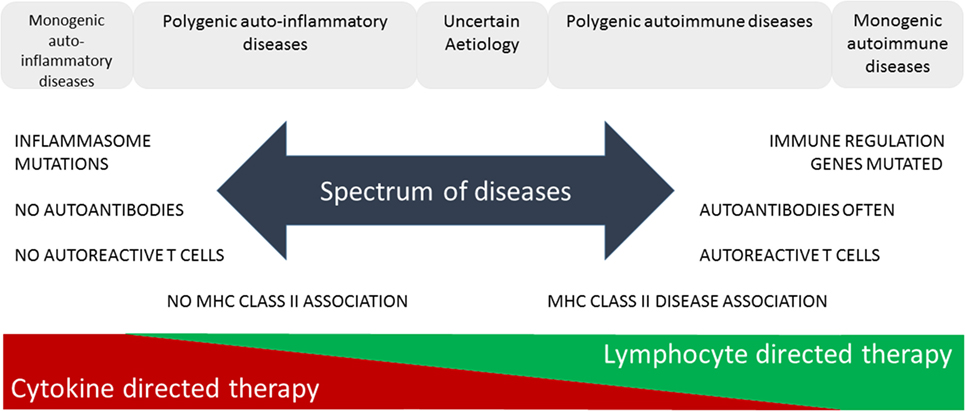




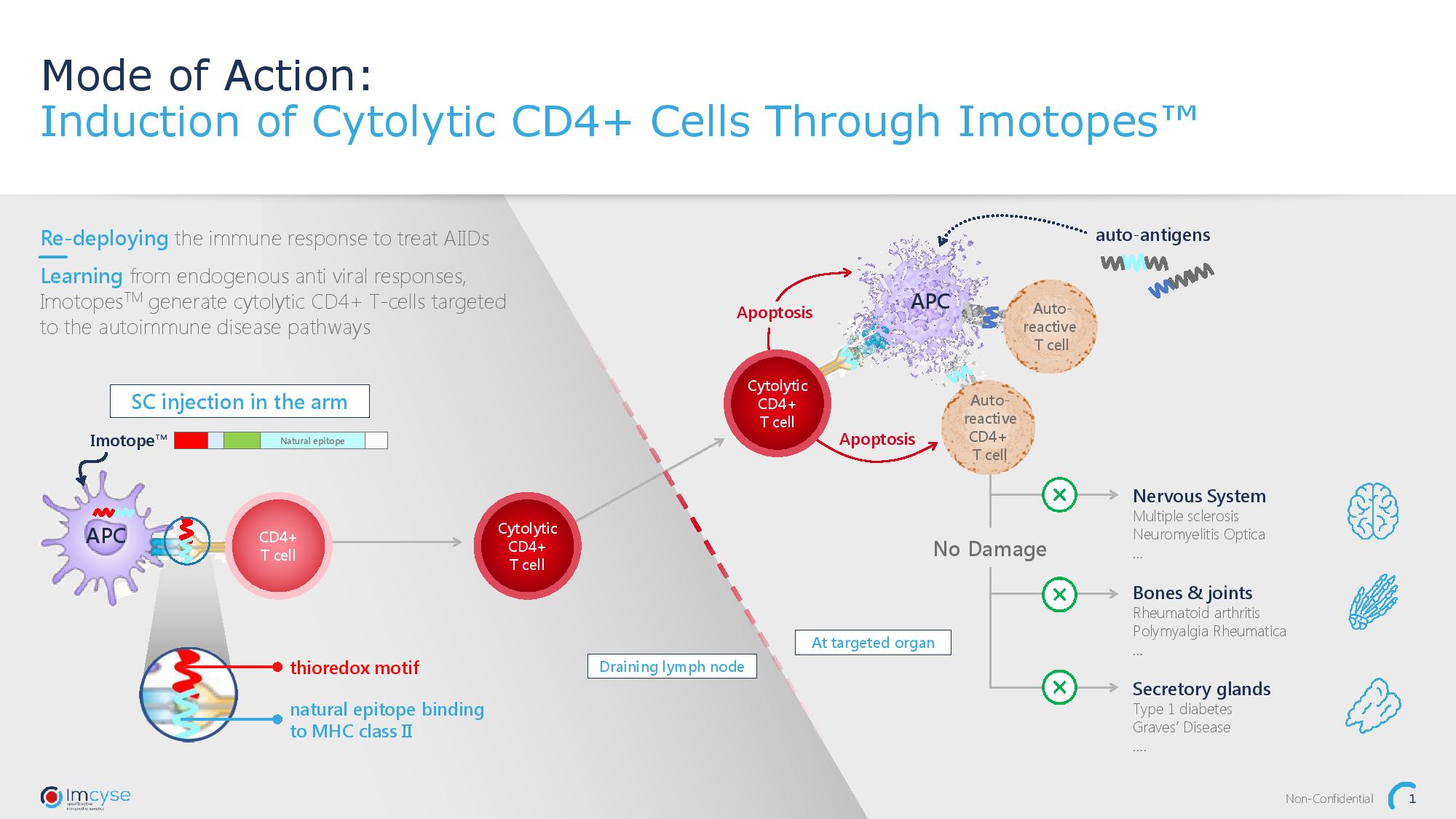





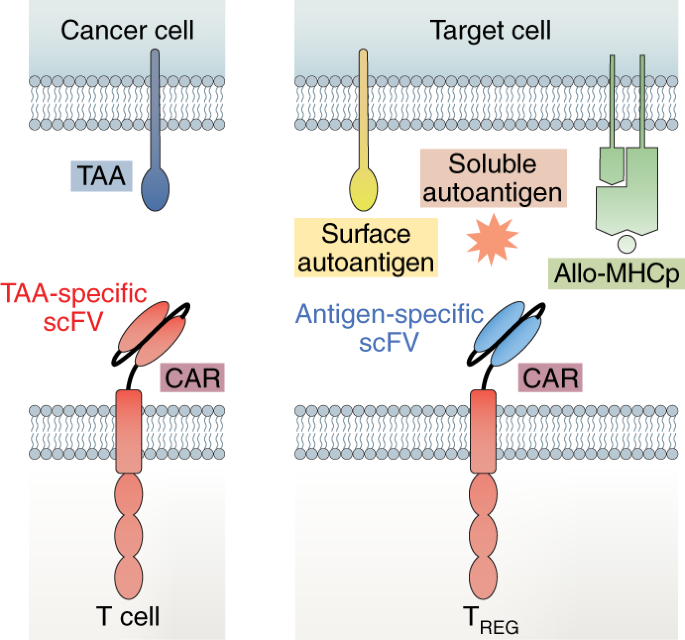
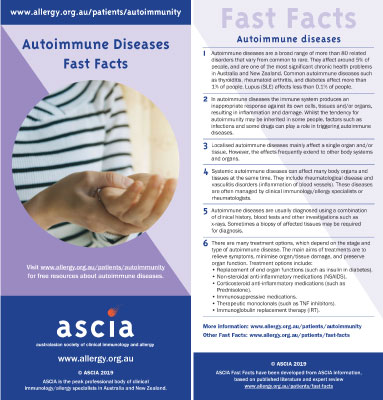


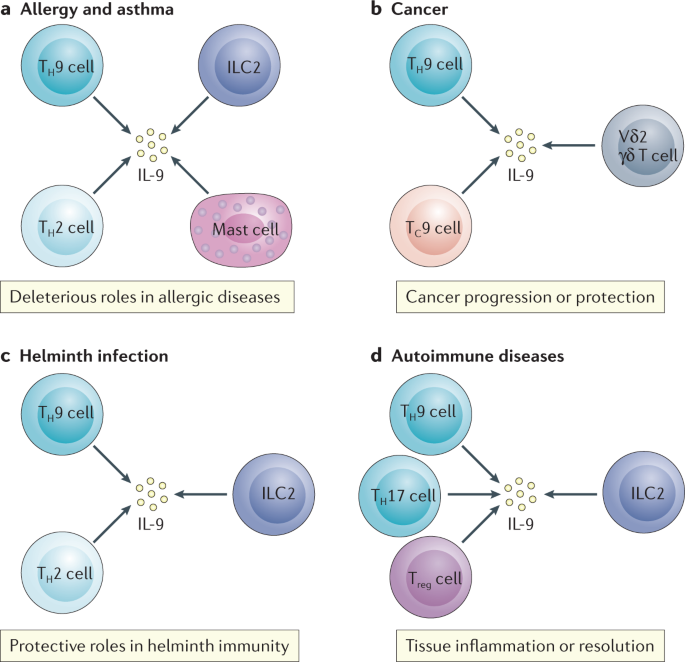





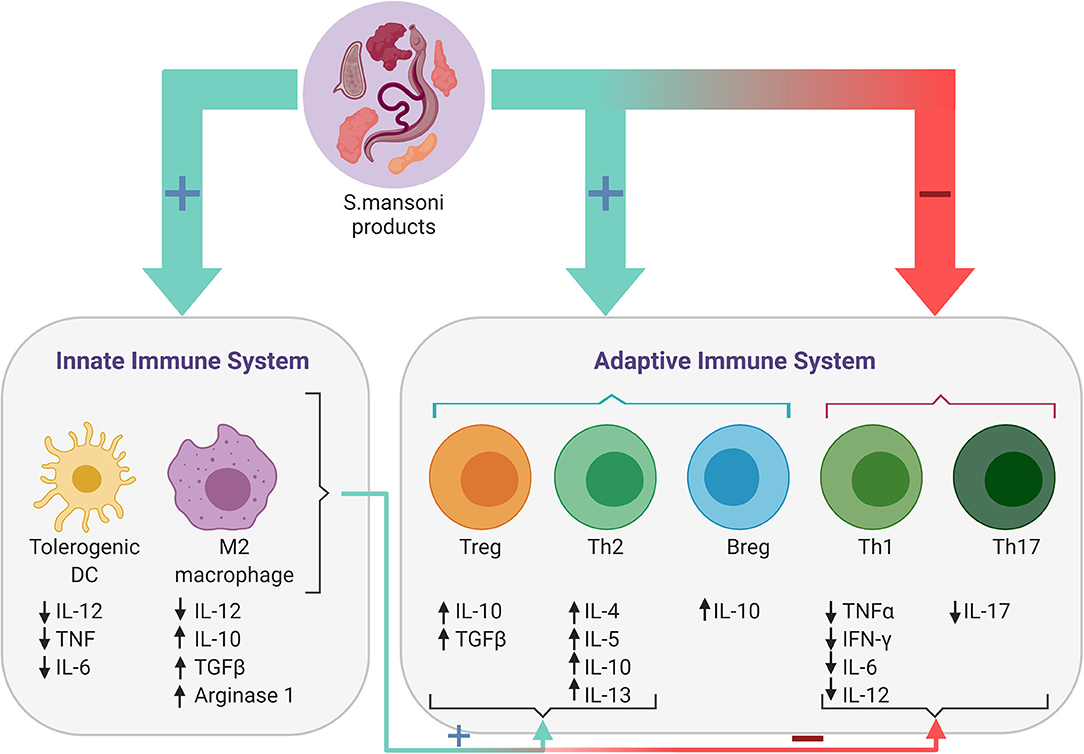







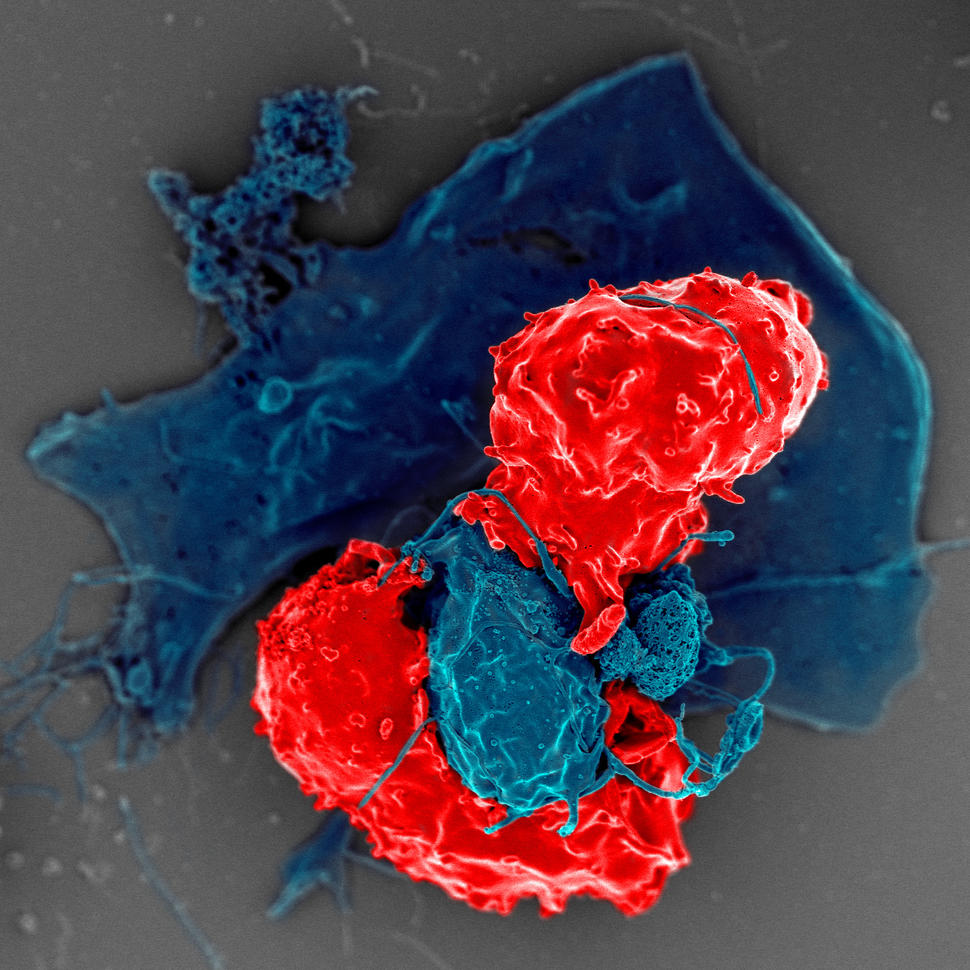




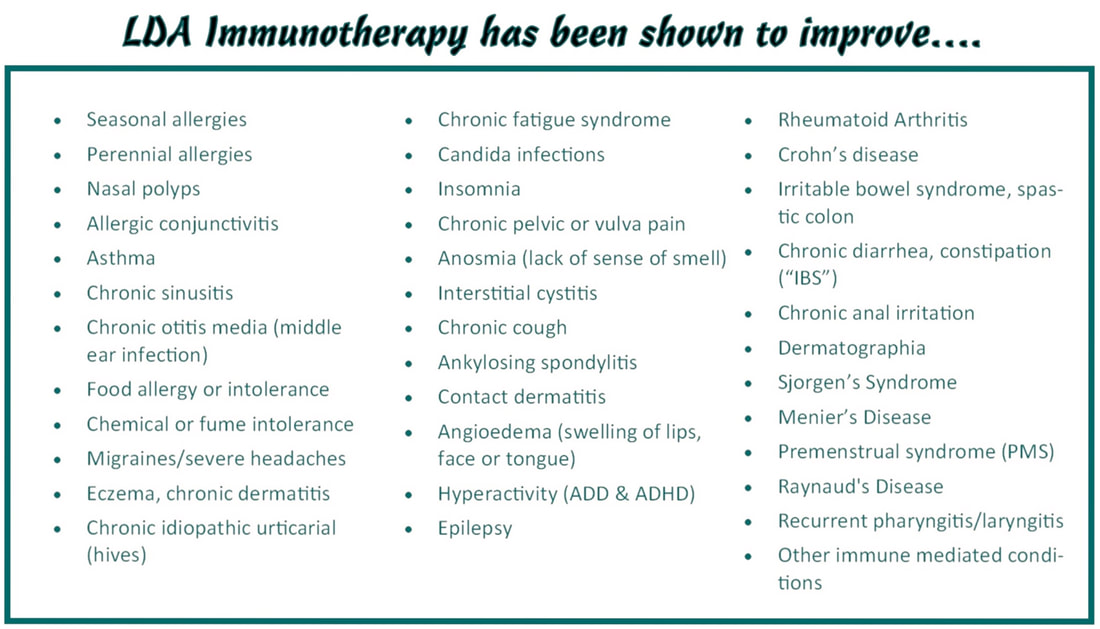
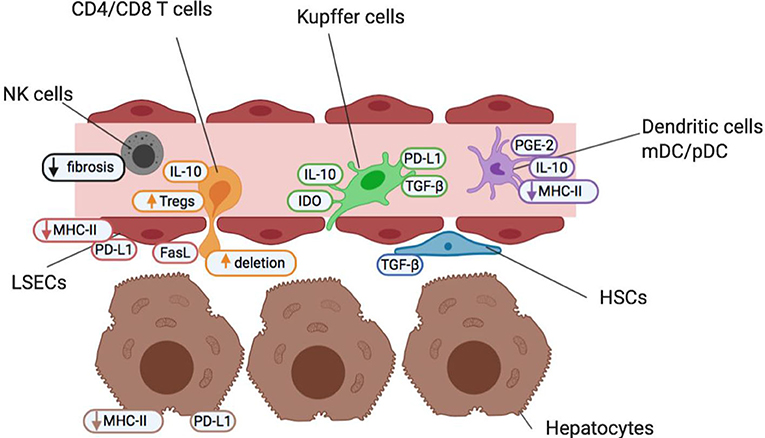

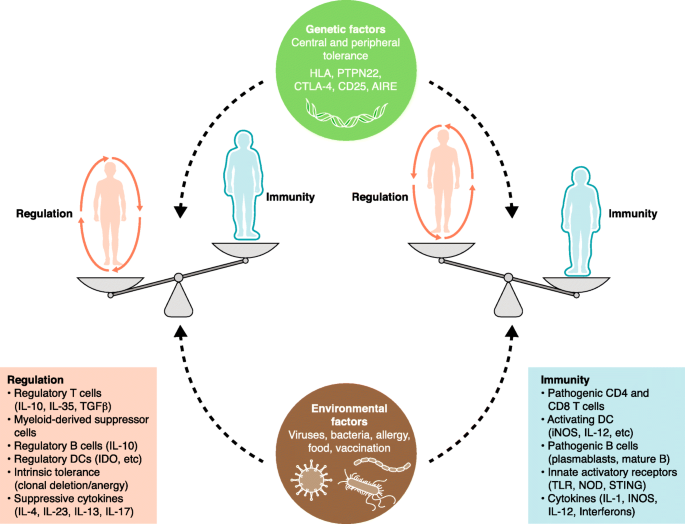
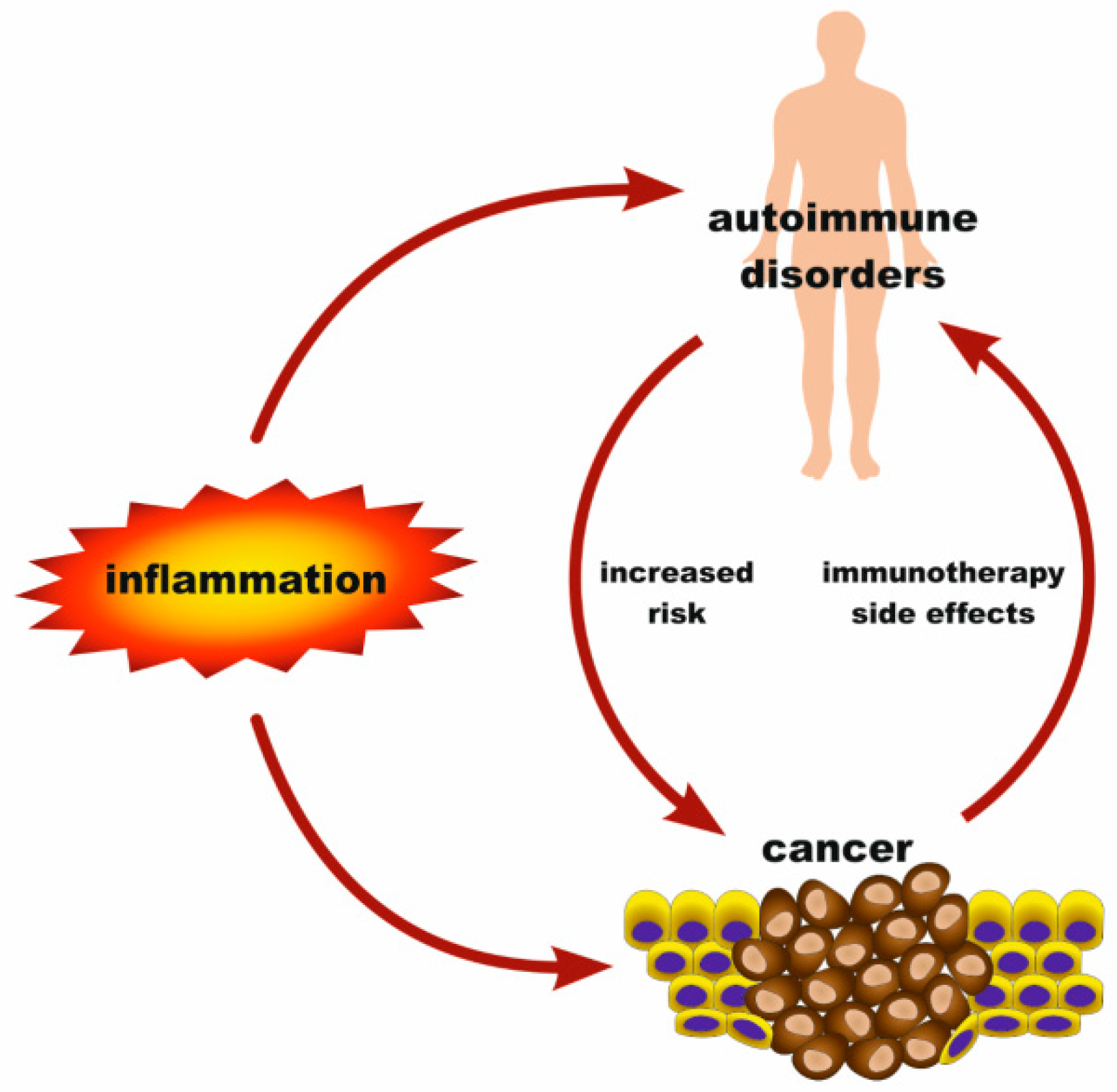


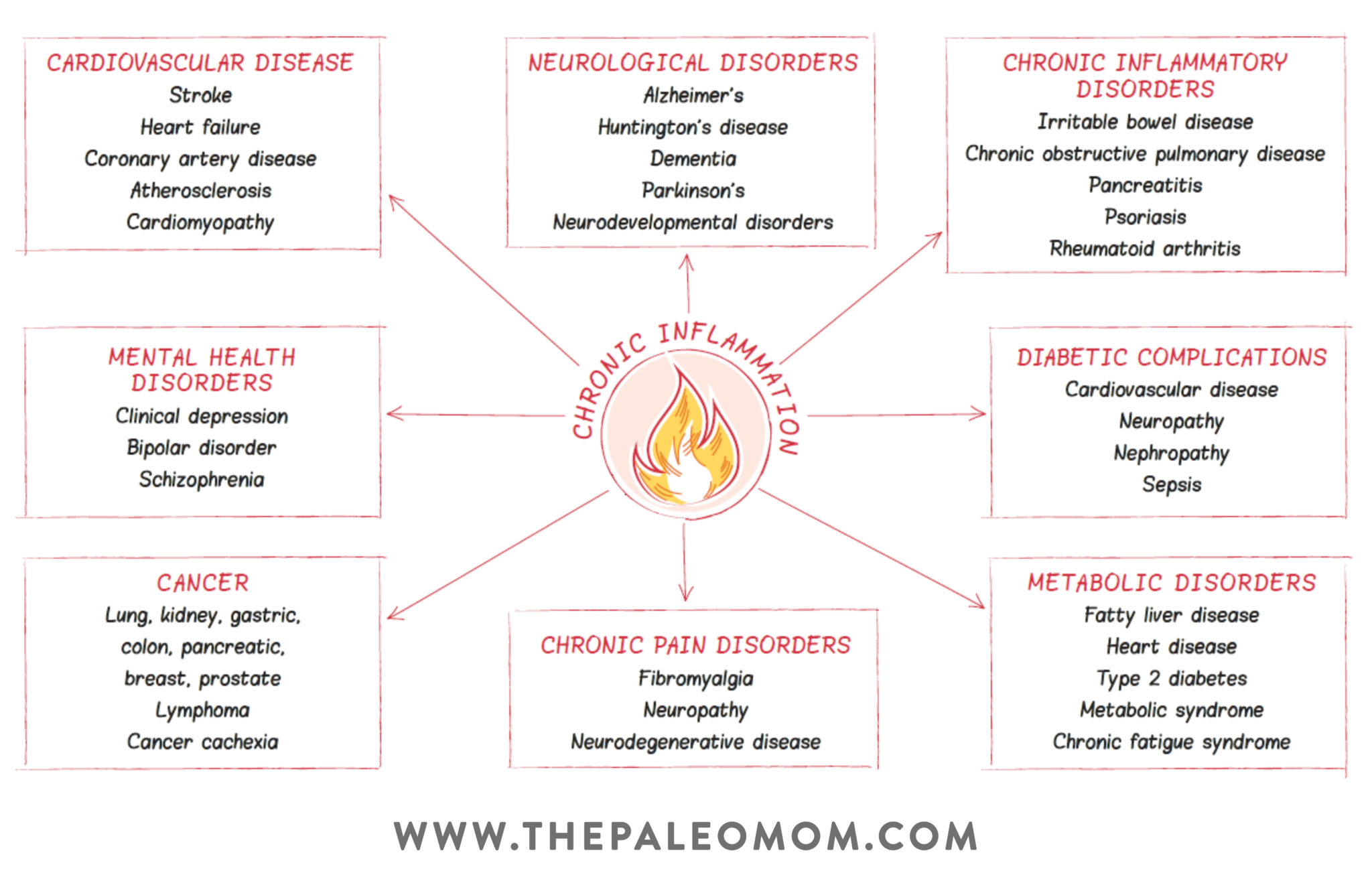




Post a Comment for "Autoimmune Disease And Allergy Immunotherapy"